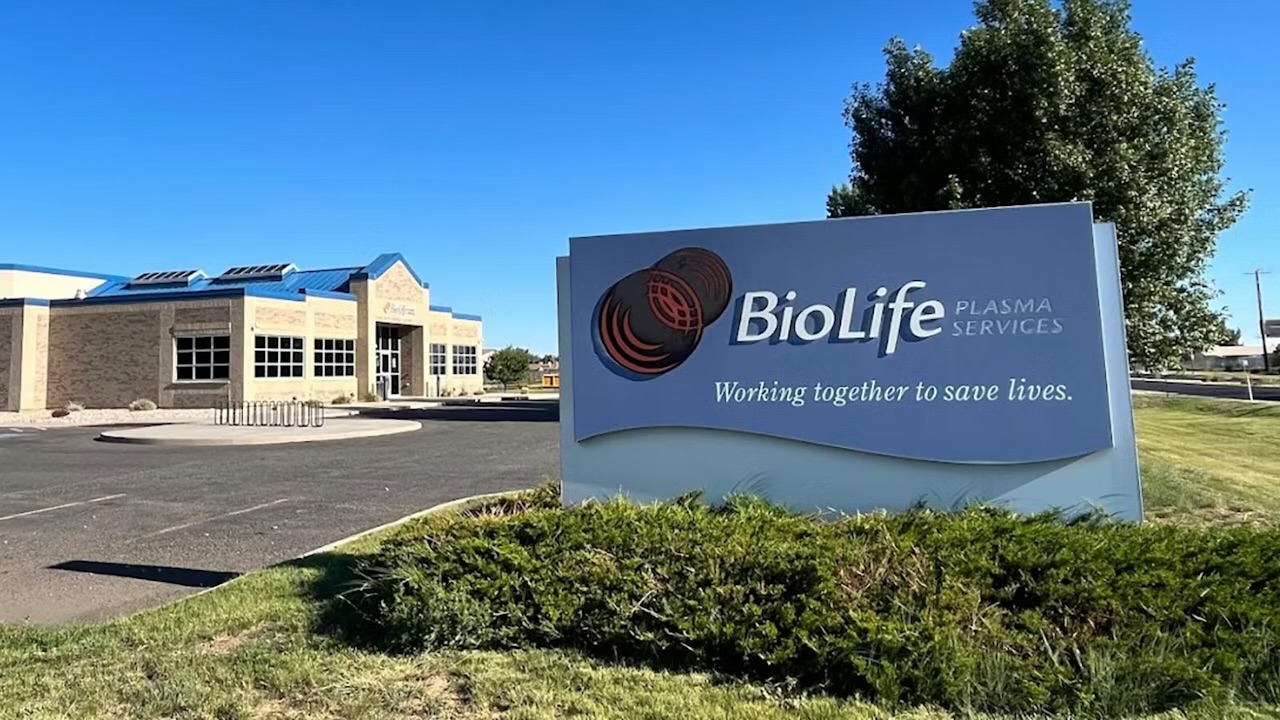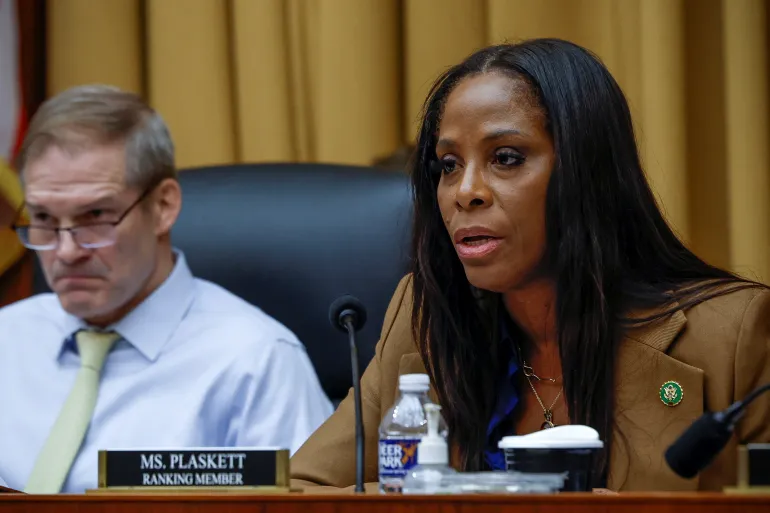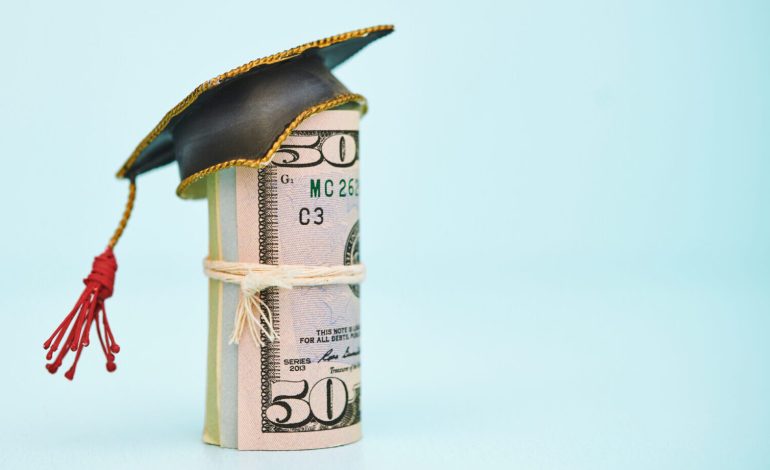Millions of US borrowers have experienced significant drops in their credit scores following missed student loan payments in early 2025, according to new data from the Federal Reserve Bank of New York, PYMNTS reports.
The findings highlight growing financial challenges for many Americans as federal student loan repayments resume after a multi-year pandemic-era pause.
During the first quarter of 2025, more than 2.2 million student loan borrowers saw their credit scores fall by over 100 points, with over 1 million facing declines of 150 points or more, the Washington Post reported. These changes are comparable to the type of score drop typically seen following a personal bankruptcy.
The report also noted that a significant number of previously creditworthy borrowers are now classified as subprime—defined as having a credit score below 600. A separate analysis from VantageScore predicted earlier this year that around 2.3 million borrowers would move into subprime territory due to delinquencies.
Before the drop, about 2.4 million of those affected had strong credit scores that qualified them for financial products such as car loans, mortgages, and credit cards. Now, many find themselves shut out of traditional lending channels.
One example cited in the report is Tina Johnson, a Kentucky resident and gig worker, whose credit score plunged from 650 to 418 after she missed a $440 payment she says she wasn’t aware had become due. Johnson said she didn’t receive a payment notice and only realized the issue after seeing her score plummet—putting her plans to buy a used car and return to school on indefinite hold.
The Department of Education had previously stated that borrowers would be notified at least three weeks in advance of their payments being due, but cases like Johnson’s suggest some gaps in communication during the transition back to active repayment.
Beyond individual borrowers, economists warn that the broader economic impact could be significant. A Bloomberg Economics report estimates that rising student loan defaults could reduce consumer spending by as much as $63 billion annually, placing further strain on an economy already dealing with inflationary pressures and high interest rates.
In the wake of falling credit scores, many affected borrowers are increasingly turning to alternative financial products such as payday loans, credit-builder loans, and buy now, pay later (BNPL) services to manage daily expenses. Research from PYMNTS Intelligence indicates that while these products offer accessibility, they often carry high interest rates and fees and may not effectively contribute to credit recovery, as not all providers report to major credit bureaus.
As the Department of Education resumes full-scale loan collections, concerns remain about the long-term financial health of millions of student loan borrowers. While some may eventually rebuild their credit, experts caution that it could take years—and in the meantime, access to affordable credit and essential purchases may remain out of reach.










The latest news in your social feeds
Subscribe to our social media platforms to stay tuned